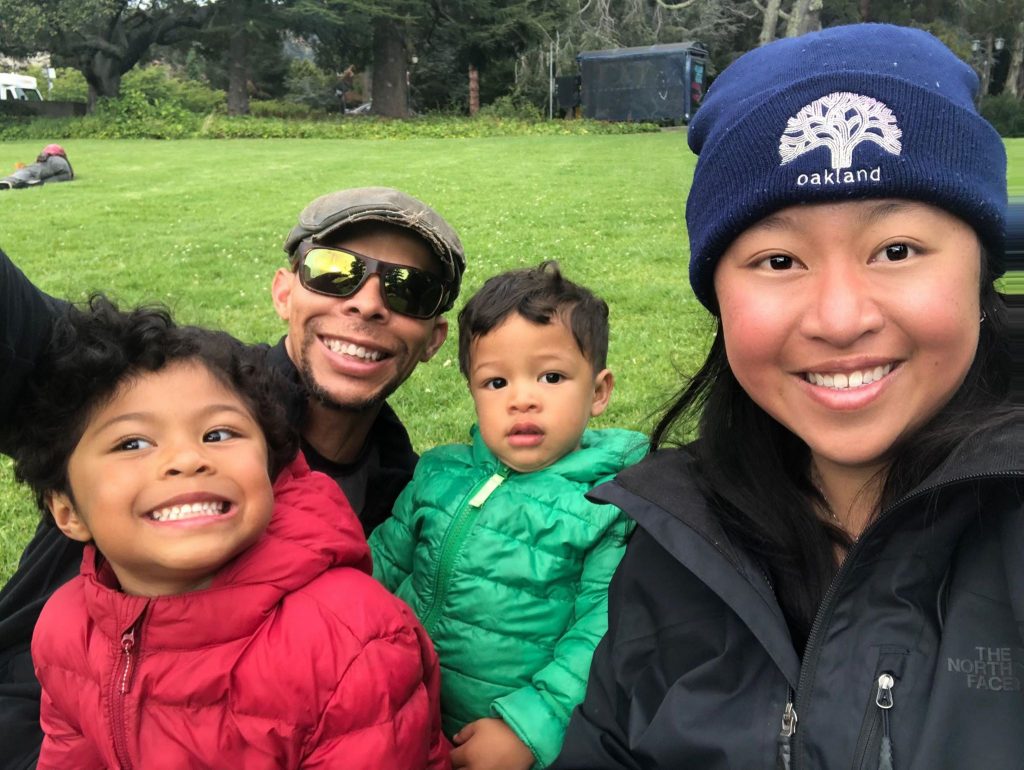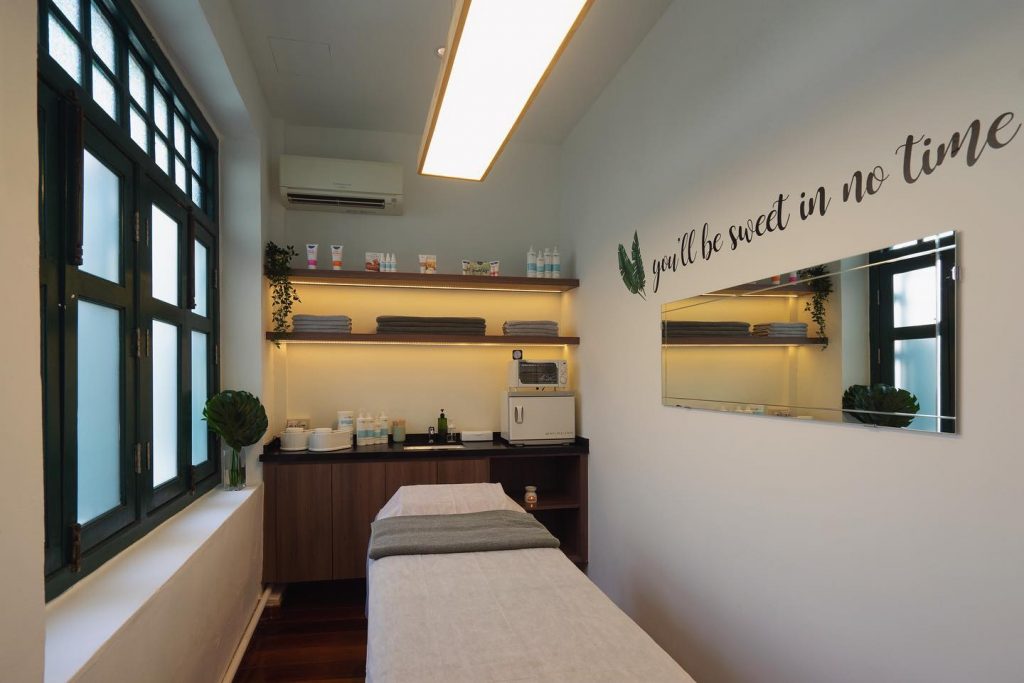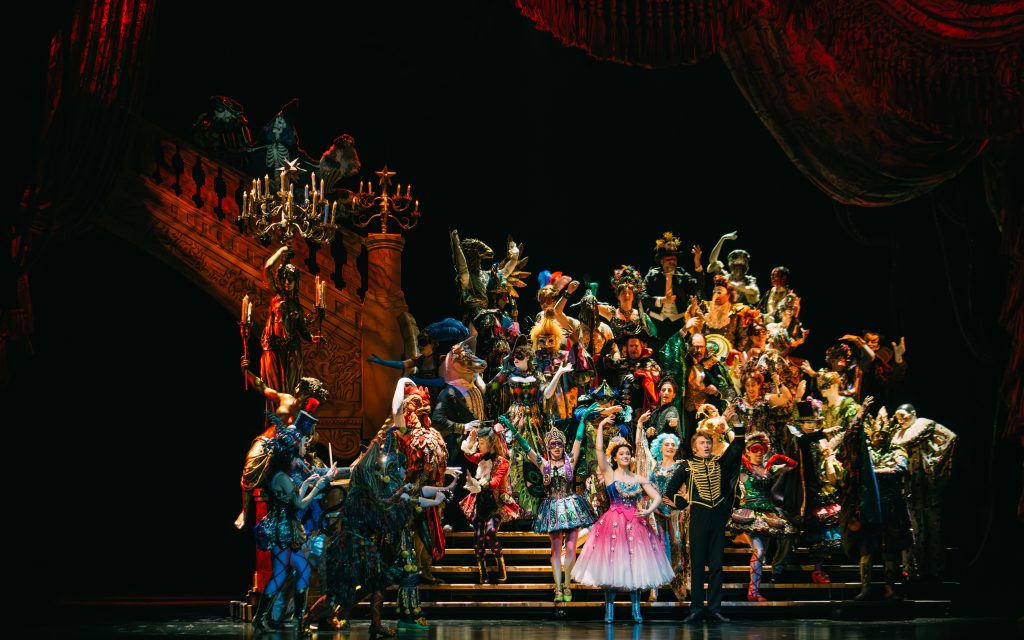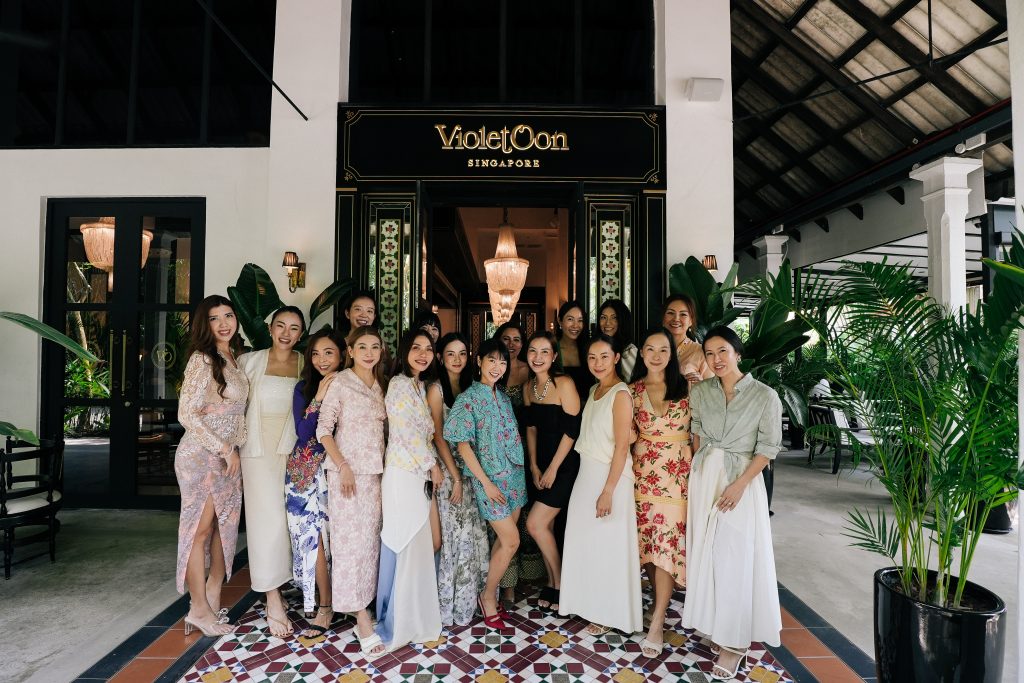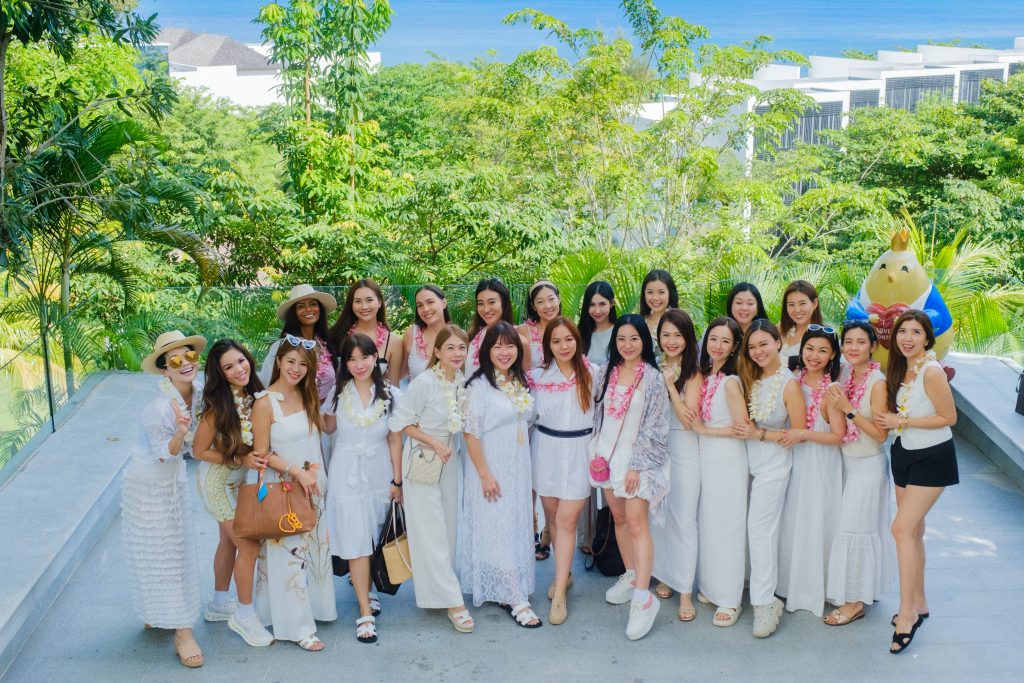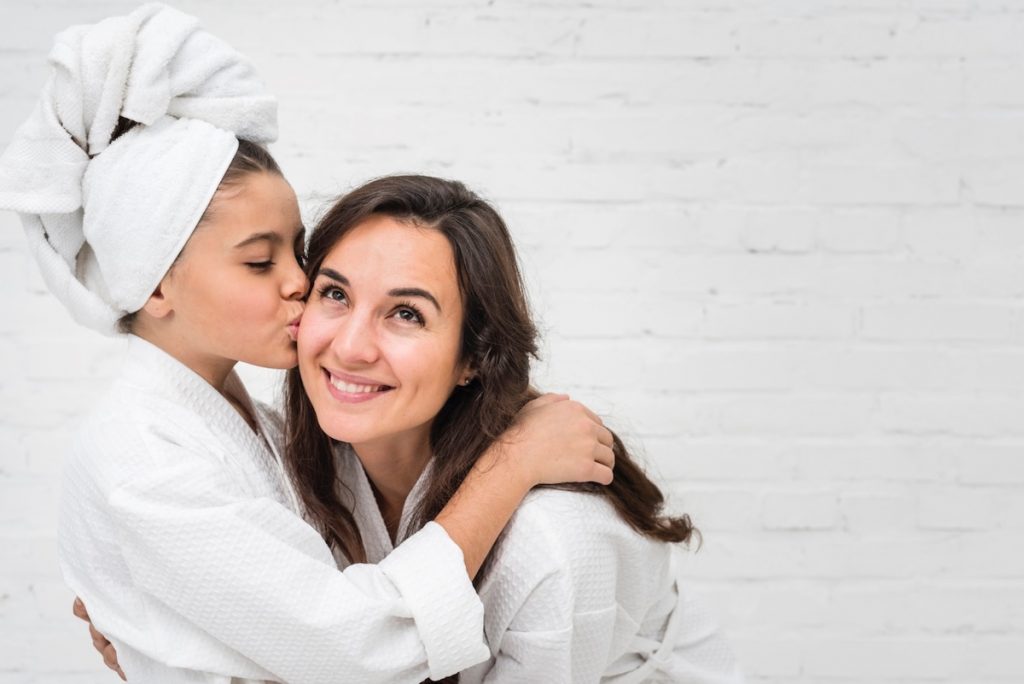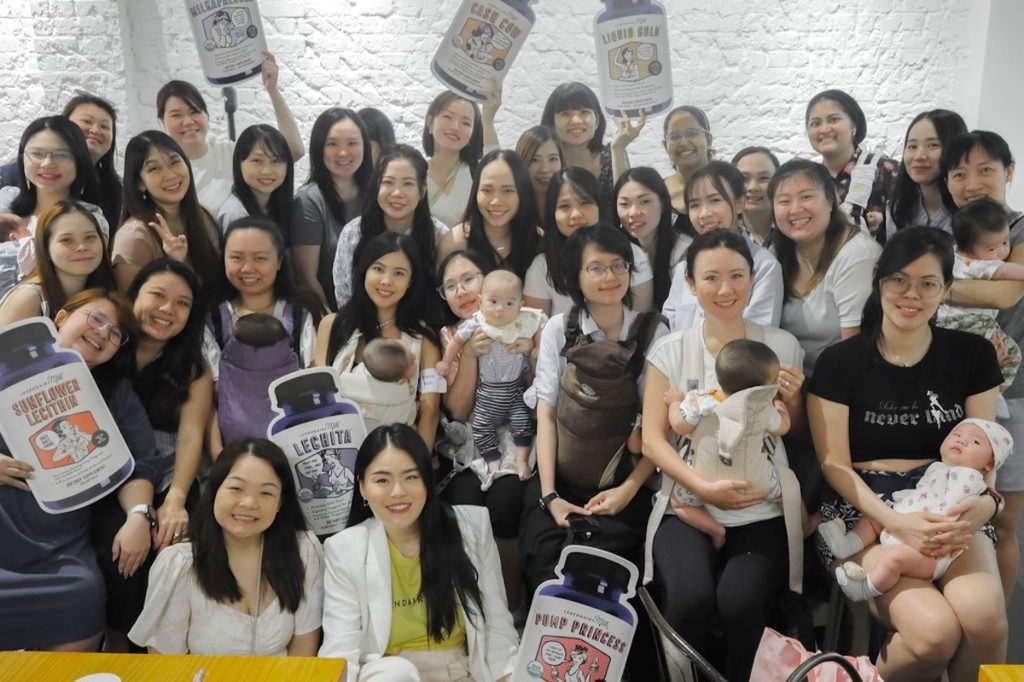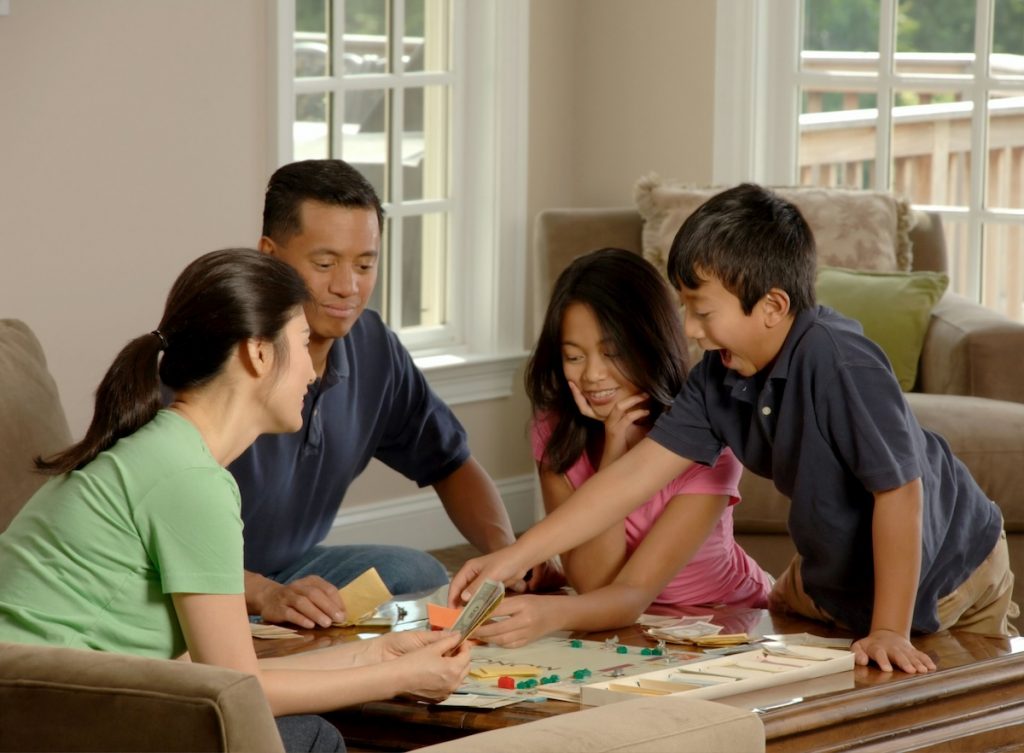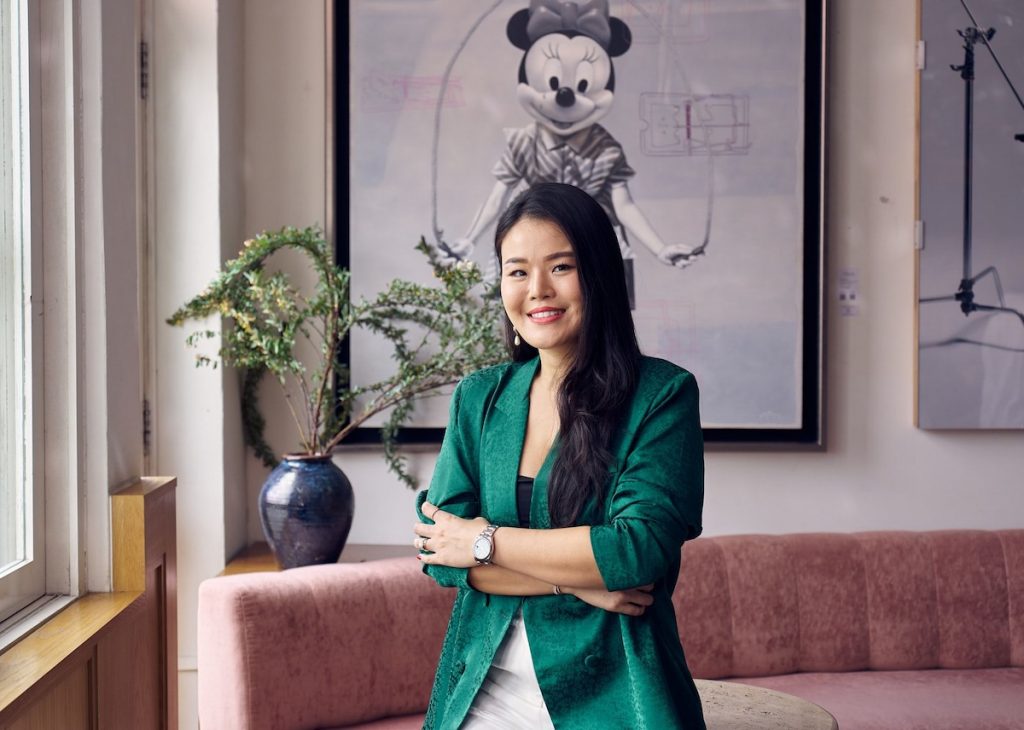My husband is a light-skinned Black man in America. He once said to me: “I’m not black enough for Black people and not white enough for White people.” Singaporeans may not fully comprehend this, just like I didn’t until I married this man and began sharing his life.
In the past month, I’ve supported multiple podcasts and commentaries on the Black Lives Matter movement in the US and what it’s like to be a Singaporean woman married to a Black man. To be honest, the hypervigilance is tiring, talking about the pain we are surrounded by is tiring, describing the constant waves of racism we encounter on a near-daily basis is tiring.
To be honest, I’d love to lay down instead of standing up. I’d love to talk to you about the food I miss in Singapore and complain about the weather instead.
But I have to speak up about our experiences because part of acknowledging my privilege is to use it for good.
—
My husband and I had a pretty romantic start, or so I thought.
You know how it is when a couple on a reality TV show is asked to share the story of how they met and one of them says something completely unexpected? Yep, that’s part of our love story.
We met at a green energy car event in Richmond, California. I was not a car person, nor did I care about green energy then. But it was my first weekend in America after moving across the world to attend the Graduate School of Journalism at UC Berkeley. My school-paired housemate was a young Indian-American who had been asked to cover the event and when she asked if I could accompany her, I jumped at the opportunity to see more of America on a car ride.
In a large, airy conference hall where geeks stood at every booth, ready to tell me all about the environmentally friendly cars they had built, it wasn’t difficult for me to notice the only man sitting nowhere near a car. Instead, he had a rack of bicycles hanging from their saddles beside him.
Curious, I walked over and said the first thing that came to mind. “Hello, what are you doing”?
He seemed rather grumpy as he replied: “Parking bikes”.
And with his curt reply, I decided that since we didn’t need to ever see each other again, I’d go ahead and ask all the questions I had. I pulled up a folding chair nearby and took a seat.
After introducing myself, I began asking him question after question. “Why are you doing this?” “Who rides bicycles to a car event?” “How long have you been doing this?” Eventually, it felt like I struck gold when he told me about his bicycle shop in Richmond, where he trained at-risk youths to manage the business and intended to pass it to them when they turned 21. I knew a good story when I heard one and we exchanged numbers.
This is my version.
—
We were chatting one day when I asked him what he thought of me when we first met. I anticipated several responses, but none of them began with: “I was surprised that an Asian woman was talking to me.”
You see, at no point during our first interaction did I consider that I was Asian and he was Black. That in itself comes from privilege – the ability to not think about your race.
He went on to say: “Asian women don’t talk to Black men. They look away, and walk away quickly.”
This conversation happened after months of being friends. I had cemented our story in my mind and his version forced me to become aware of the privilege I lived growing up in Singapore. It forced me to reassess my childhood friendships. My non-Chinese friends had never told me about being mistreated because of their race. But what if it were because I never made space for them? I never asked.
I was born and raised in Singapore as part of the privileged Chinese community that has been groomed not to see race. While bringing Singapore from independence to prosperity, this probably helped prevent racial riots. But with all the emphasis on critical thinking skills and “one people, one nation”, we should consider ourselves failures if younger generations cannot see that not seeing color is effectively denying the racial experiences of non-majority race communities in Singapore.
My husband is a light-skinned Black man in America. He once said to me: “I’m not black enough for Black people and not white enough for White people.” Singaporeans may not fully comprehend this, just like I didn’t until I married this man and began sharing his life – my husband is light-skinned because somewhere in his history is one or more instances where a white slave owner raped a black slave. He has to notice his skin color and his race wherever he goes because he is neither here nor there regardless where he is.
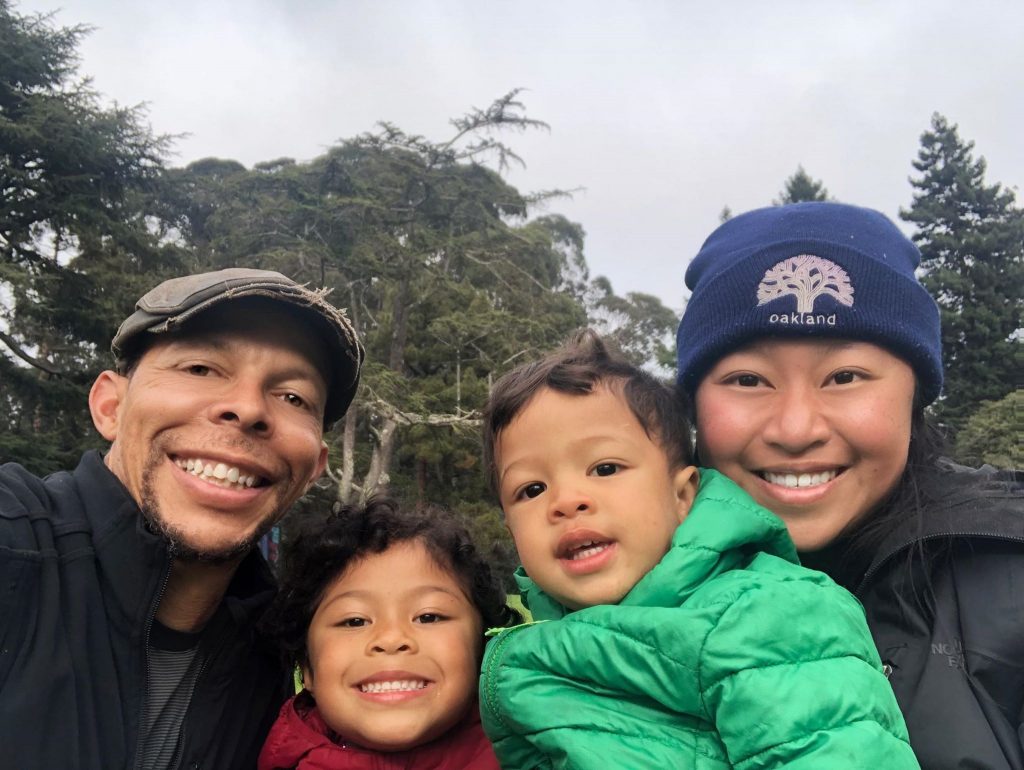
My experience in Singapore, by comparison, lies on the opposite end of the spectrum from his. I know where my ancestors come from. My grandparents fled China to evade the Japanese Occupation. My relatives in Singapore still travel to visit ancestral land and people look like me wherever I go in Singapore. They sound like me, we share similar lived experiences and celebrate similar events and traditions. I don’t have to notice my skin color and race because I get to choose when I want to lay low and when I want to stand out. When you’re Black in America, or a minority in Singapore, that choice is taken out of your hands.
It’s a strange place to be, coming from non-white privilege to partner with the Black community. From a place where my parents never told me to keep my receipts to prove that I didn’t shoplift (something a Malay friend recently said she thought all parents in Singapore taught their kids), to knowing that my husband is a threat to some people just because he is Black, the bottom line is I must speak out because I can, and where I didn’t need to before, now I do because my family toes the line.
For many people, their lives will never be on the line. They will never need to care about minority communities, but they should, and here’s why – Our experiences build us and when people with diverse experiences come together, they produce a better world with better products and services that come out of experiencing how to listen, communicate, care, consider, negotiate, persuade and compromise. These are skills all leaders should have.
Still, being married to a Black man isn’t all gloom and doom. Sure, we probably have more conversations about social issues in our house, but so much more than that, living our beautiful, challenging married life as a biracial couple in America is to have been given the chance to create change through our stories.



